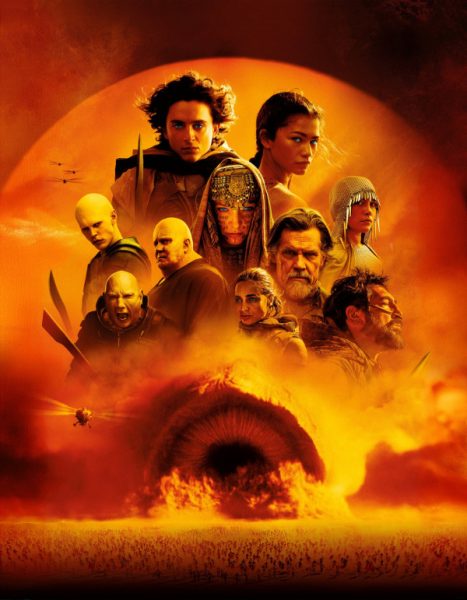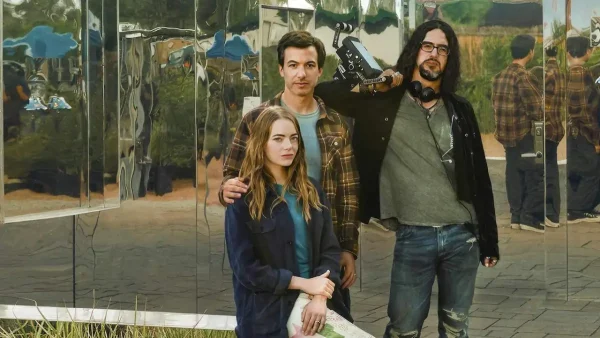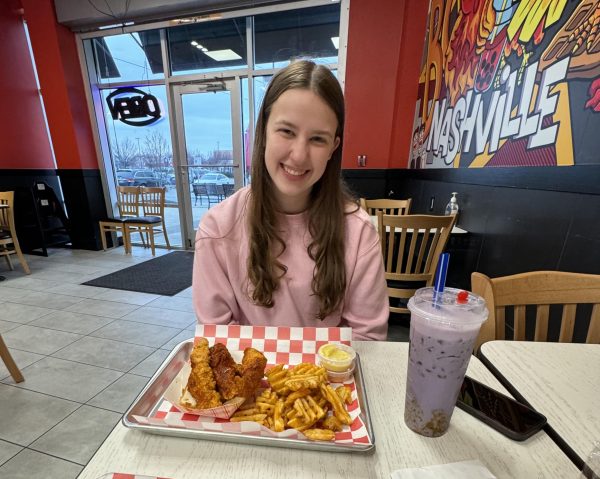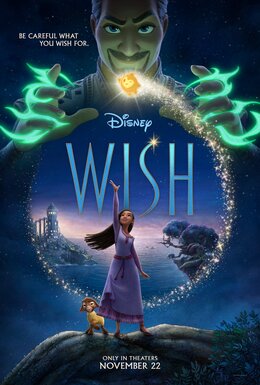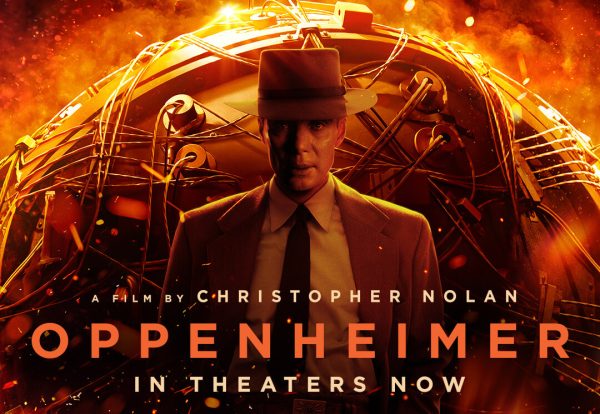Arrival crash lands at the Oscars
February 17, 2017
Arrival is not your average alien-invasion thriller. It’s a great movie, but it doesn’t deserve the Best Picture Oscar.
For starters, the aliens, known as Heptapods, don’t attack anyone. They land their 12 ships in seemingly random locations and wait for the humans to come to them. They allow the scientists and armies onto their ships, humoring the scientists’ attempts at communication. At first, humans and aliens have peaceful relations.
The human aspect of Arrival opens with a montage of Louise’s daughter Hannah growing up and eventual dying of cancer as a teenager. Louise Banks, the main character played by Amy Adams, is a linguist brought in to lead America’s attempts at communication with the Heptapods. Banks is able to decipher their written language and begin communicating with the aliens, teaching them English words.
Despite the movie beginning on a somber note, the first half is enjoyable. It acknowledges the feelings of the masses: the widespread panic in cities and neighborhoods, the doomsday mindset of various religious groups, and the outrage fostered by the news networks. The viewer understands that panic and fear are justified. It is likely that in the presented scenario, the viewer, too, would be angry with the government. Arrival reveals a lesser-known part of world operations and also teaches us to question what we’re told.
I assumed that the movie would be an examination of human nature and our tendency to resort to violence. The acting is understated, allowing for Arrival to feel less like watching a movie and more like a glimpse at real people’s reactions to a strange situation. Ian Donnelly, played by Jeremy Renner, vomits after his first meeting with the Heptapods. Louise’s hands shake as she entered the spaceship. Ian and Louise share a quiet moment while trying to escape the hectic world they’ve been thrust into. These small actions are familiar in unfamiliar territory, bringing life to the characters.
In many ways, Arrival is introspective. Soldiers and scientists grow frustrated and stop working together. People collapse from exhaustion after days of work. News networks fostered fear and panic. It highlights humanity’s intelligence, while also showing our darker nature. I even enjoyed the romantic subplot between Ian and Louise. Their characters compliment each other, and their dynamic is fun to watch.
I especially enjoyed Jeremy Renner‘s performance. I was worried before watching the movie that I would be unable to enjoy his portrayal of Ian because of his previous performances as Hawkeye in The Avengers saga. It was a pleasant surprise to see how different the two characters were and to realize that I only saw Renner as Ian, never as Hawkeye.
The setting is gorgeous. The empty plains of Montana dotted with military tents create an idyllic picture, and the enormous space ship hovering over it is an otherworldly effect. A soft, dark color scheme gives the chaotic movie a contrasting feeling of peace.
About twenty minutes from the end of the movie, everything falls apart.
The movie introduces this entirely new idea of the Heptapods not experiencing time linearly. By learning their language, Louise begins to experience time as they do. Apparently she gave birth to Hannah after meeting the Heptapods and the flashbacks of her daughter are actually her experience of the future.
This last quarter of the movie was defined mostly by me struggling to keep up with the new information and generally freaking out. The existential time warping of the end changes everything that came before.
I love movies that mess with my mind and make me view the world in a different way. I didn’t like that this came so close to the end of the film. For me, The Adams character became less likable as the film reached its conclusion
Overall, Arrival was disappointing. I loved it up until the end, in which I quickly became confused and conflicted.
Did it have potential? Yes.
Would I recommend it? Yes.
Does it deserve an Oscar? No.




